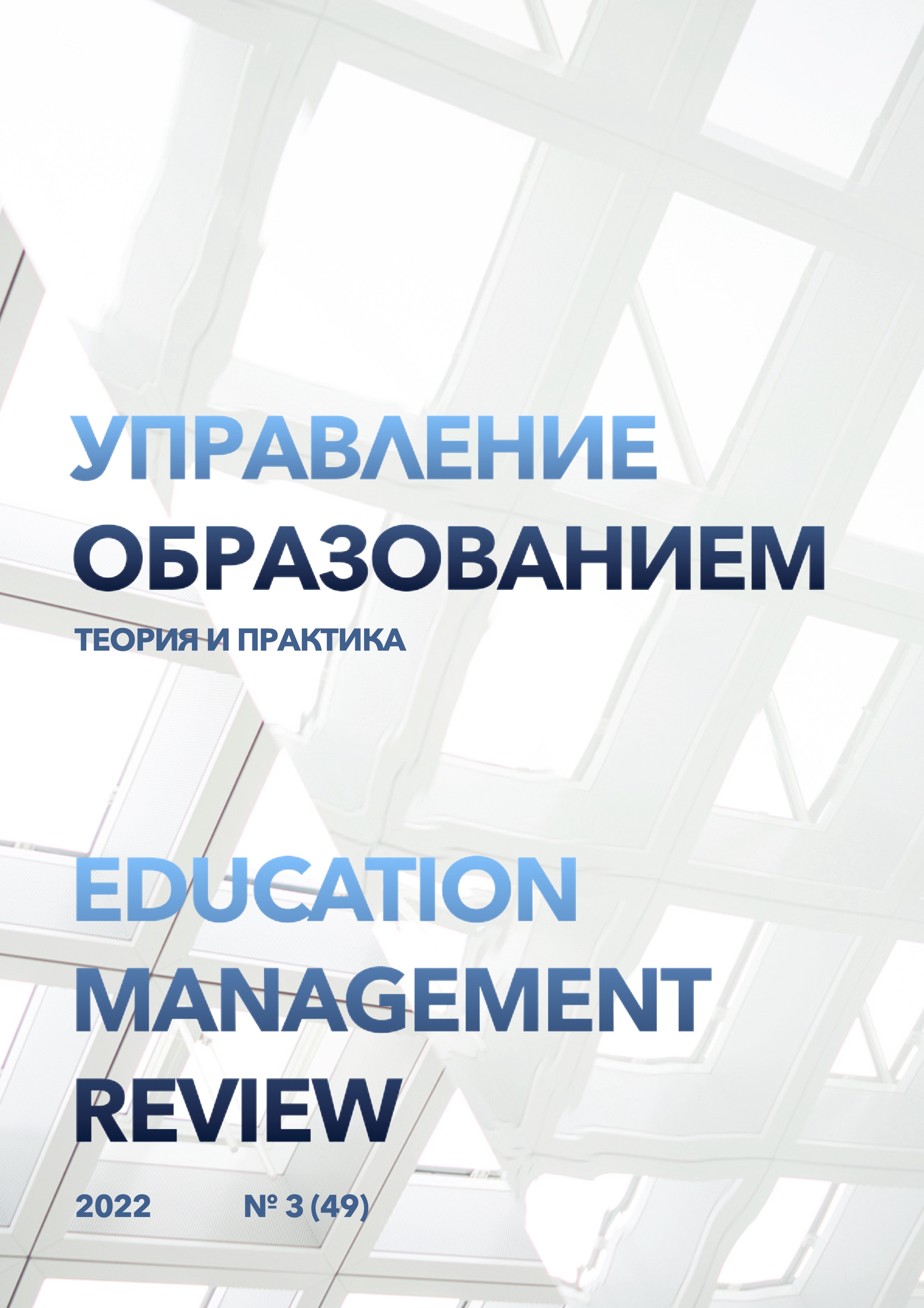The system of exercises on formation of ability to recognize impersonal verbs by Chinese students in Russian as a foreign language сlasses
DOI:
https://doi.org/10.25726/p5822-5611-4619-hKeywords:
Russian as a foreign language, Chinese students, impersonal sentence, system of exercises, methodology of teaching Russian as a foreign language, linguistic grammatical skillsAbstract
The article is devoted to compiling a system of exercises aimed at forming the skills of identifying impersonal sentences in texts by Chinese students. The relevance of the paper is explained by the fact that many teachers face certain difficulties when preparing a system of exercises to form the skills of identifying impersonal sentences in the text. The aim of the article is to make a system of exercises aimed at forming the skills of identifying impersonal sentences in Russian texts by Chinese students. The main objectives of the work can be formulated as follows: 1) To outline the theoretical aspects of studying the topic «Impersonal sentence» when teaching Russian as a foreign language; 2) to note the specifics of teaching Russian as a foreign language for Chinese students; 3) to identify the difficulties of identifying impersonal verbs by Chinese students in Russian texts; 4) to present exercises aimed at forming the ability to identify impersonal sentences in Russian texts on the material of modern textbooks; 5) to build a system of exercises when studying the topic «Impersonal sentence» by Chinese students The author concludes that it is advisable to perform imitative, substitution, transformational and reproductive exercises in stages to improve the linguistic and speech skills of Chinese students.
References
Бабайцева В.В. Система односоставных предложений в современном русском языке. М.: Дрофа, 2004. 512 с.
Баркова Т.П., Немцова М.Н. Русский язык. Работайте самостоятельно!: Учебное пособие. Тамбов: Издательство ФГБОУ ВПО «ТГТУ», 2011. 126 с.
Безличное предложение: методическая разработка для преподавателей русского языка как иностранного и студентов-иностранцев подготовительного факультета, изучающих русский язык / сост. Л.В. Архипова. Тамбов: Изд-во ФГБОУ ВПО «ТГТУ», 2015. 36 с.
Вакула Е.А., Колесникова В.В., Можаева Е.Ю. Особенности преподавания русского языка как иностранного китайским слушателям на начальном этапе обучения // Современные проблемы науки и образования. 2018. № 4. https://science-education.ru/ru/article/view?id=27790
Ван Сюемэй. Основы разработки системы упражнений для обучения видам глагола в китайской аудитории // Вестник КГУ. 2018. № 1. С. 130-133.
Кожаева О.С., Тимошенко Т.Е. Русский язык: справочное пособие для студентов из стран СНГ. М.: Изд-во «Дом МИСиС», 2011. 126 с.
Новикова Н.С., Щербакова О.М. Удивительные истории. 116 текстов для чтения, изучения и развлечения: Учебное пособие. М.: Флинта: Наука, 2010. 368 с.
Русский язык как иностранный. Методика обучения русскому языку: учеб. пособие для высших учебных заведений / [Г.М. Васильева и др.]; под ред. И.П. Лысаковой. М.: Гуманитар. изд. Центр «ВЛАДОС», 2004. 270 с.
Тань Я. Этнопсихологические особенности обучения китайских учащихся // Молодой ученый. 2017. № 17. С. 288-291. URL https://moluch.ru/archive/151/42833/ (дата обращения: 19.04.2022).




